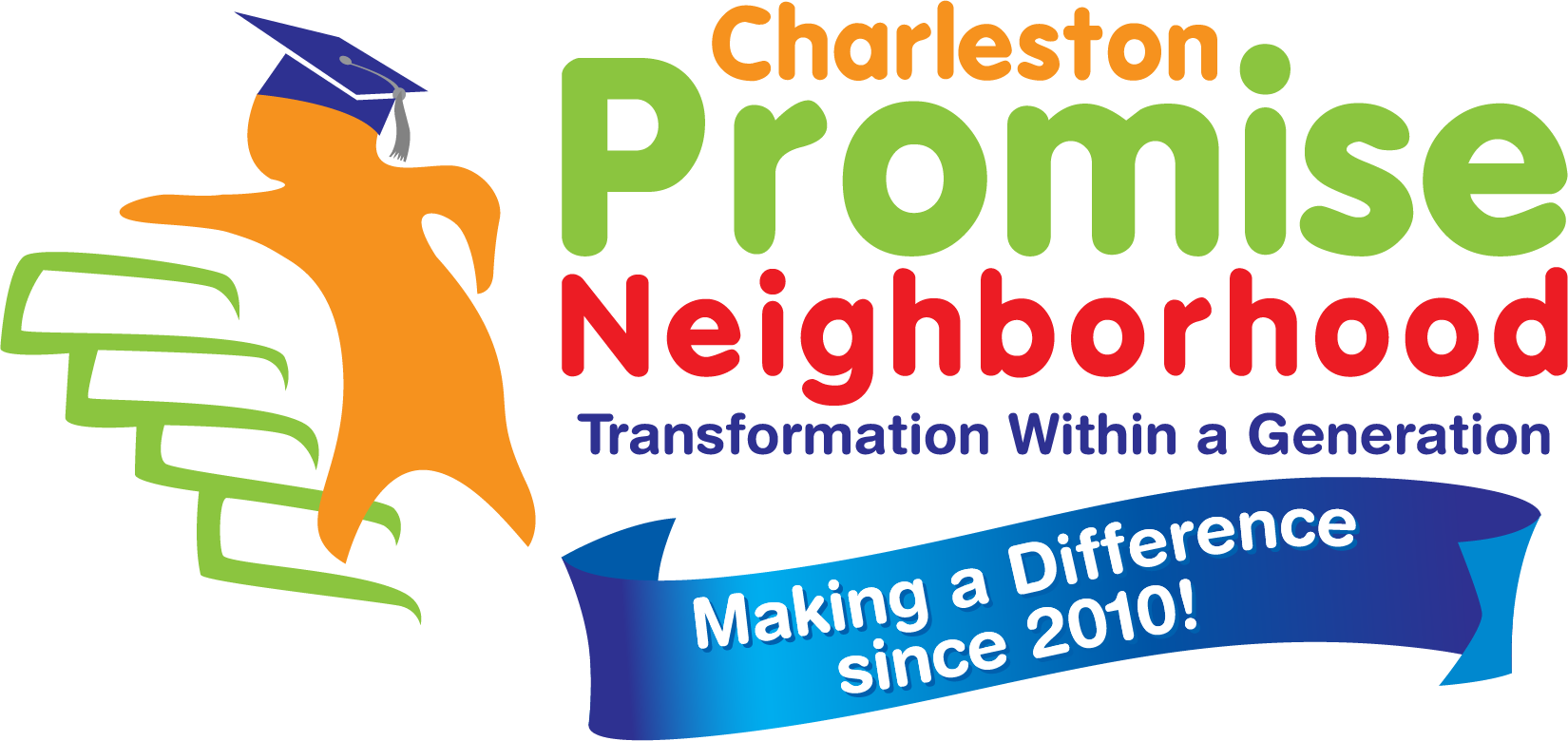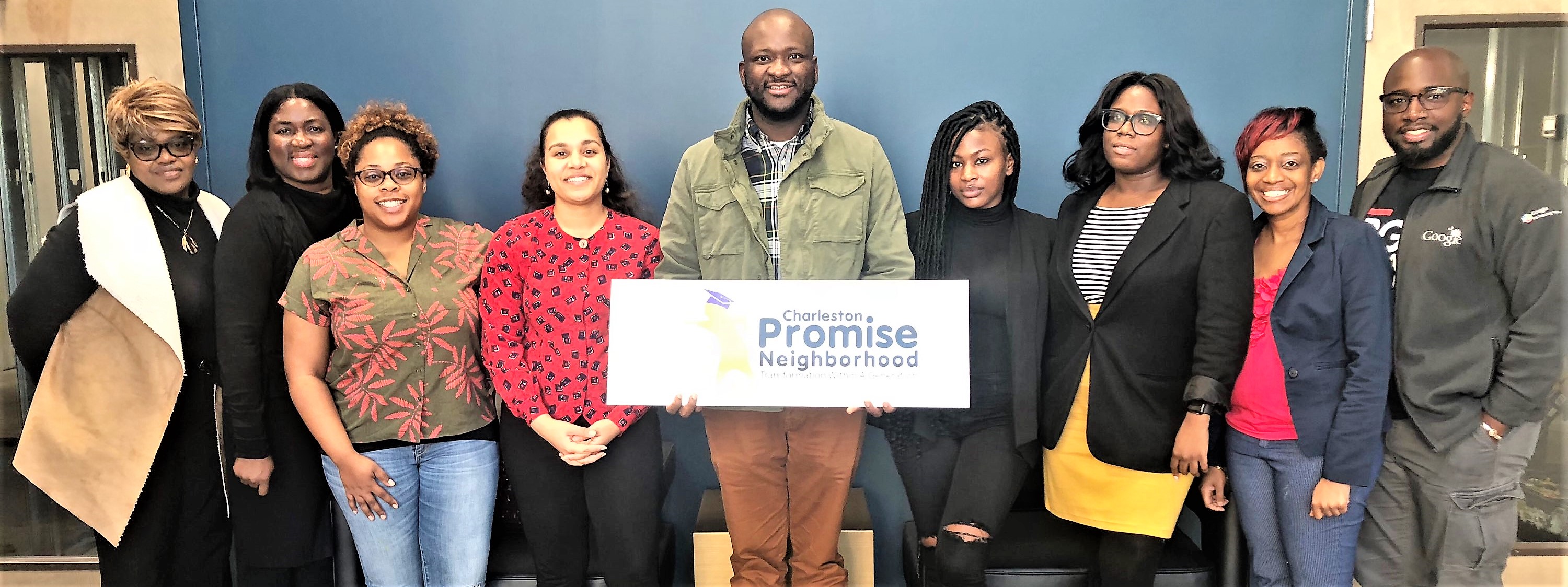South Carolina Superintendent of Schools, Mick Zais announced last week that South Carolina would not be among those states competing for the third round of federal Race to the Top grants, despite being a second round finalist. South Carolina would have been able to compete for anywhere from $10-$50 million of a $200 million pool of grant funding. Under former State Superintendent Jim Rex and former governor Mark Sanford, South Carolina had competed in the previous two rounds of competition for the grant and was among nine states eligible for the current round of funding. Zais’ stated reason for declining to participate in this round of funding was that the dollars came with too many strings attached from the federal government.
Given the level of funding for public education in South Carolina, particularly given a funding formula that has largely substituted sales tax revenues in place of property taxes, districts across the state are facing budget deficits. On the one hand, most federal funds directed to states come with some strings attached. Federal dollars for highways require that states enact certain laws, whether that is the imposition of a particular speed limit, the requirement that drivers wear seat belts, or a minimum legal drinking age. The No Child Left Behind legislation, a bipartisan effort championed by former President George Bush and the late Massachusetts Senator Edward Kennedy, imposed stringent testing requirements on states in order for them to receive federal dollars.
On a micro-level, every non-profit seeking grant funds must fulfill certain grant requirements in order to receive that money. While the grant application and the requirements which flow from grants often impose obligations, most grantees are willing to fulfill these obligations as part of their mission. Similarly, a strong argument can be made that the State of South Carolina has a vested interest, on behalf of its children, in improving teacher quality and student achievement, two of the stated goals for the Race to the Top Grants.
Do you agree with the Superintendent’s decision not to pursue these grants? We would enjoy your feedback on this issue as the Charleston Promise Neighborhood is committed to the goals of improving teacher quality in our four schools and also improving student achievement. We advocate on behalf of the children who attend the elementary schools within our Neighborhood, and we are profoundly aware that our Neighborhood schools are affected by decisions made at the state level. Thank you for your input and discussion as we work together to pursue excellence for our schools!
Dwayne Green, CEO




